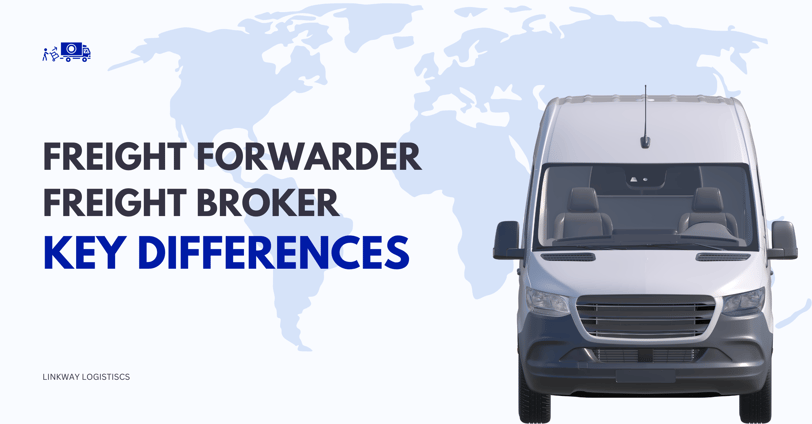Freight Forwarder VS Broker
Differences
10/9/20241 min read


FREIGHT BROKER
Role: Connects shippers with carriers to transport cargo, ensuring secure and cost-effective pickups and deliveries.
Operations: Doesn't own the freight or vehicles; uses supply chain expertise to match shippers' needs with carriers' capacity at optimal rates.
Focus: Primarily domestic shipments, aiming to lower logistics costs for shippers.
Income: Earns through the 'spread'—the difference between what shippers pay and the negotiated rate with carriers.
Tools: Utilizes supply chain contacts and load boards to find carriers.
FREIGHT FORWARDER
Role: Similar to brokers in connecting shippers and carriers, but takes ownership of shipments and manages them under their own Bill of Lading.
Operations: Often handles international shipments and provides comprehensive logistical support.
Focus: Broader scale, including international logistics, ensuring efficient transport to multiple destinations.
Services: Manages all aspects of the shipping process, often providing additional services like warehousing and customs clearance.
Linkway Logistics LTD
Your top choice for quick and reliable deliveries!
+44 1733 330 330
© 2024. All rights reserved.
Stuart House - East Wing, St. John´s Street | Office 255
Peterborough - PE1 5DD
